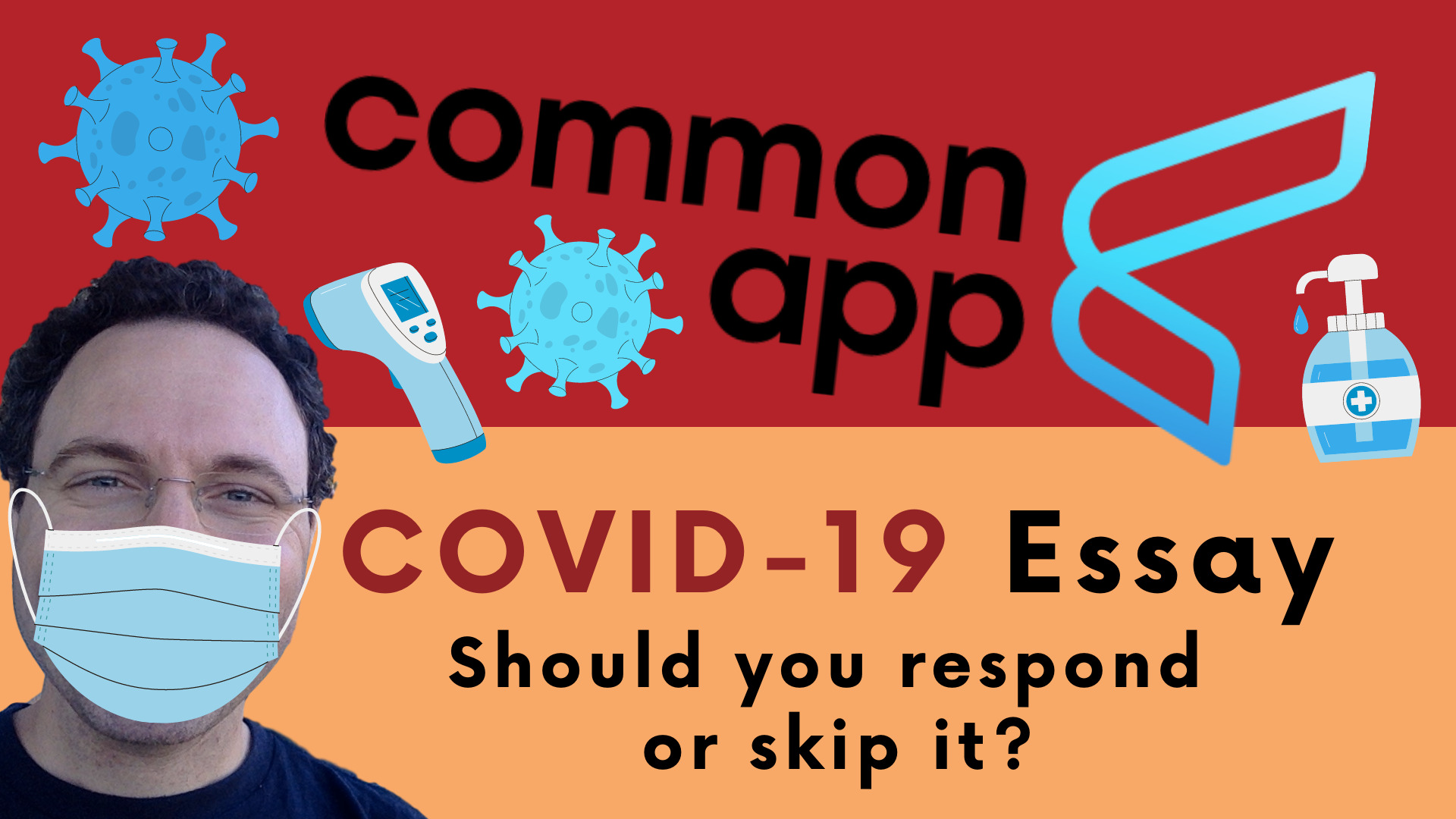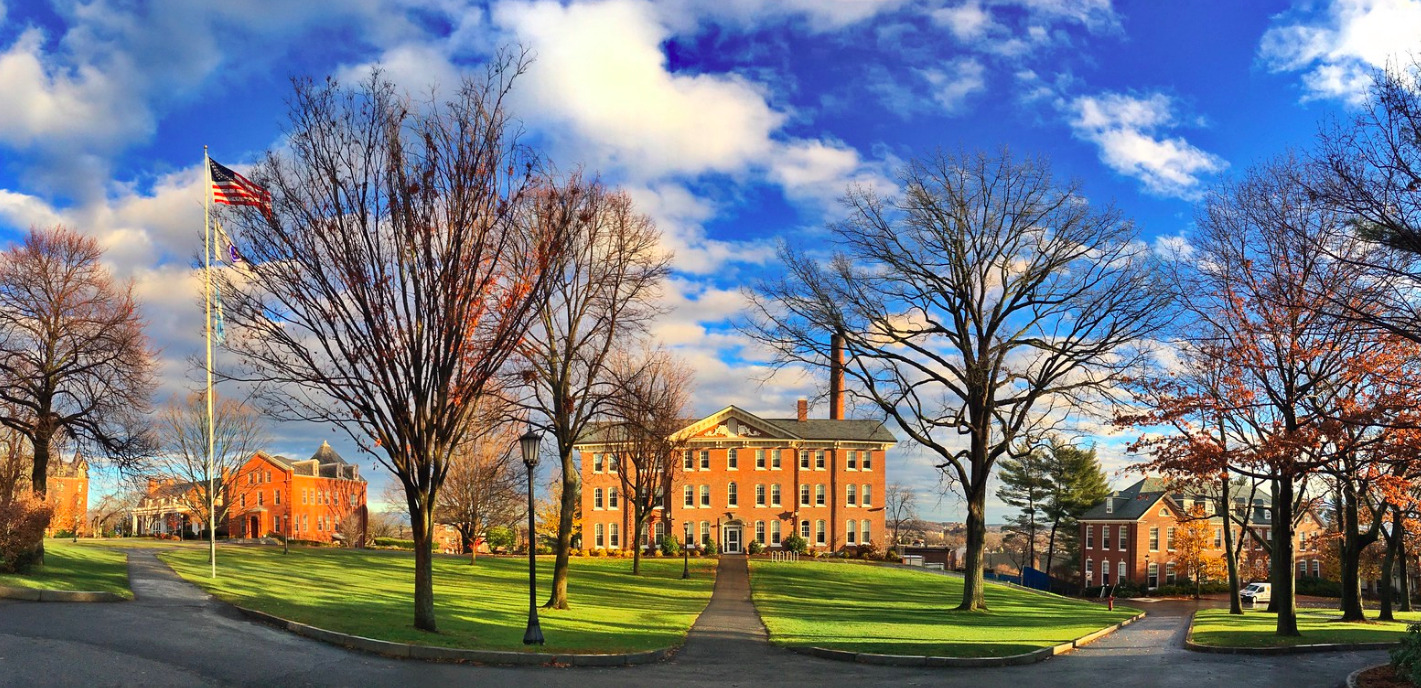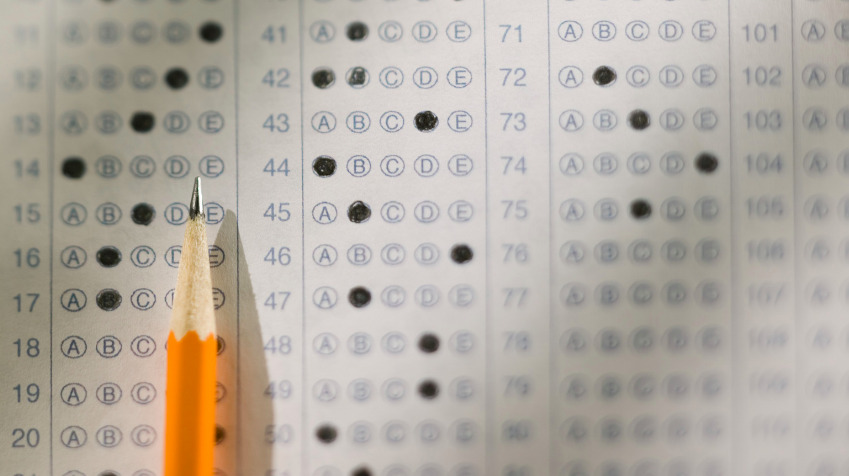 Only sixteen percent of students responded to the optional Common App COVID-19 essay during the 2021-2022 admissions cycle.
Only sixteen percent of students responded to the optional Common App COVID-19 essay during the 2021-2022 admissions cycle.
The prompt in question is as follows:
Community disruptions such as COVID-19 and natural disasters can have deep and long-lasting impacts. If you need it, this space is yours to describe those impacts. Colleges care about the effects on your health and well-being, safety, family circumstances, future plans, and education, including access to reliable technology and quiet study spaces.
I say, never let an optional blank space on the Common App go to waste like 84% of Common App submitters did this past admissions cycle.
Watch the video below to learn more about why I this 250-word maximum essay is yet another place to show maturity, growth, and your value system. Use it!


 While occasionally colleges extend application deadlines in response to hurricanes or other natural disasters, Tufts’
While occasionally colleges extend application deadlines in response to hurricanes or other natural disasters, Tufts’ 



